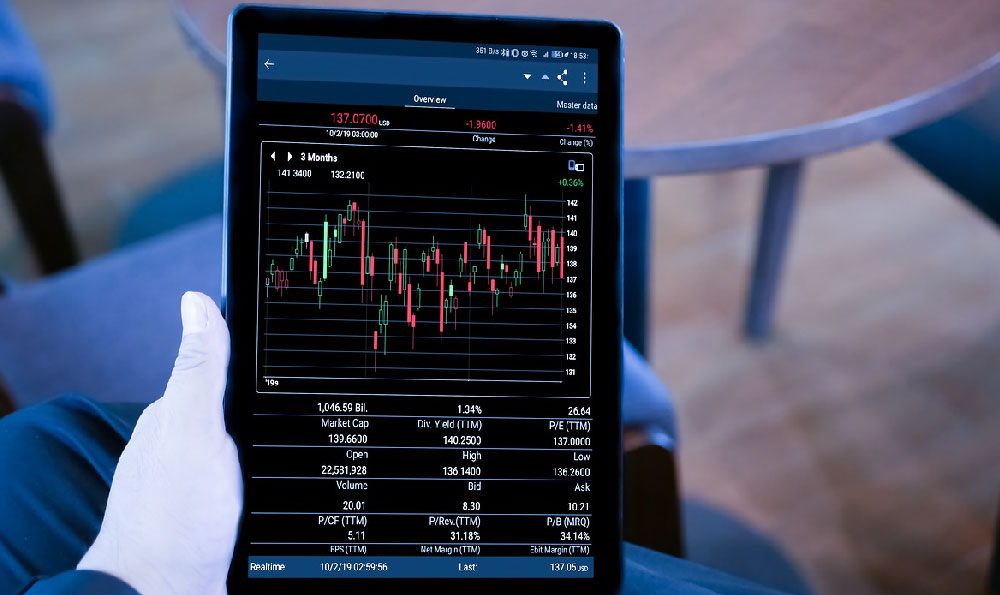
How Do Bloggers Make Money Online?
Blogging has evolved from a simple hobby into a powerful platform for generating income, with millions of individuals leveraging their online presence to create sustainable businesses. While the digital space is vast and often filled with misinformation, there exist numerous legitimate strategies to monetize your blog effectively. Understanding these methods requires a deeper look into how content intersects with economic principles, audience engagement, and digital marketing.
For many bloggers, the most straightforward approach is through advertising. Platforms like Google AdSense and Media.net allow creators to embed ads directly into their content, earning revenue based on impressions or clicks. However, the success of this method depends heavily on your blog’s niche, traffic volume, and the relevance of the ads to your audience. A well-optimized blog with high-quality content can attract more viewers, which in turn increases ad visibility and potential earnings. Additionally, some bloggers opt for branded partnerships, where companies pay for promotion in exchange for content creation. This can include sponsored posts, product reviews, or collaborations with influencers, but it is crucial to maintain authenticity to preserve reader trust.

Another popular avenue is the development of online products or services. Many bloggers transition from content creators to entrepreneurs by offering digital resources such as e-books, online courses, or templates. This method not only provides a passive income stream but also allows for greater control over pricing and distribution. For instance, a fitness blogger might create a downloadable workout plan or a subscription-based nutrition guide, catering to a specific audience while maximizing profitability. Similarly, some bloggers sell physical products like merchandise or coaching services, which require a strong community and brand recognition to sustain.
The rise of platform-based monetization has also introduced new opportunities for bloggers. Websites like Patreon and Substack enable creators to offer exclusive content to paying members, fostering a direct relationship with their audience. This model works well for bloggers who can deliver high-value, consistent material, such as tutorials, interviews, or in-depth analyses. The key to success here lies in creating compelling content that justifies the subscription cost, while also ensuring transparency with your readers about the value they receive.
For those who prioritize long-term growth, affiliate marketing has proven to be a versatile tool. By strategically integrating affiliate links into their posts, bloggers can earn commissions from sales made through their recommendations. This requires careful research to select products that align with your niche and audience interests, as well as a commitment to honest reviews. The most effective affiliate marketers build a loyal following over time, gradually expanding their network of affiliate partners to maximize earnings without compromising credibility.
The ability to monetize a blog also extends to leveraging social media and platform algorithms. Many bloggers use YouTube, Instagram, or TikTok to showcase their content, driving traffic to their website and increasing visibility. This method is particularly effective for visual or video-driven blogs, as platforms like YouTube offer a wide range of monetization options including ad revenue, channel memberships, and Super Chats. For example, a food blogger might create recipe videos that not only entertain viewers but also lead to increased engagement, which in turn boosts income potential.
Alternatively, some bloggers explore niche-specific opportunities like selling online courses or digital assets. This approach often requires a deeper level of expertise in a particular subject area, as well as the ability to create structured, valuable content. For instance, a tech blogger might develop a course on coding or SEO, catering to a specific audience while generating significant passive income. The success of this model is closely tied to the perceived value of the content, as well as the effectiveness of marketing efforts to attract the right students.
The digital landscape also offers opportunities for data monetization, where bloggers sell insights or analytics reports based on their audience’s behavior. This is a specialized field that requires a strong understanding of data privacy laws and audience segmentation techniques. For example, a fashion blogger might analyze trends and consumer preferences, offering reports to brands or retailers looking to optimize their marketing strategies.
Finally, the development of tools, apps, or software tailored to your audience can be a lucrative option. For instance, bloggers in the productivity niche might create task management tools or templates, while those in the wellness field might develop fitness apps or mindfulness resources. This method often requires technical skills and a deep understanding of your audience’s needs, but it can lead to substantial income if executed effectively.
Ultimately, the best way to monetize a blog depends on your goals, audience, and the type of content you produce. Successful bloggers often combine multiple strategies to create a diversified income stream, ensuring financial stability even in an unpredictable digital market. By focusing on quality, consistency, and audience engagement, bloggers can build a sustainable business that thrives over time.